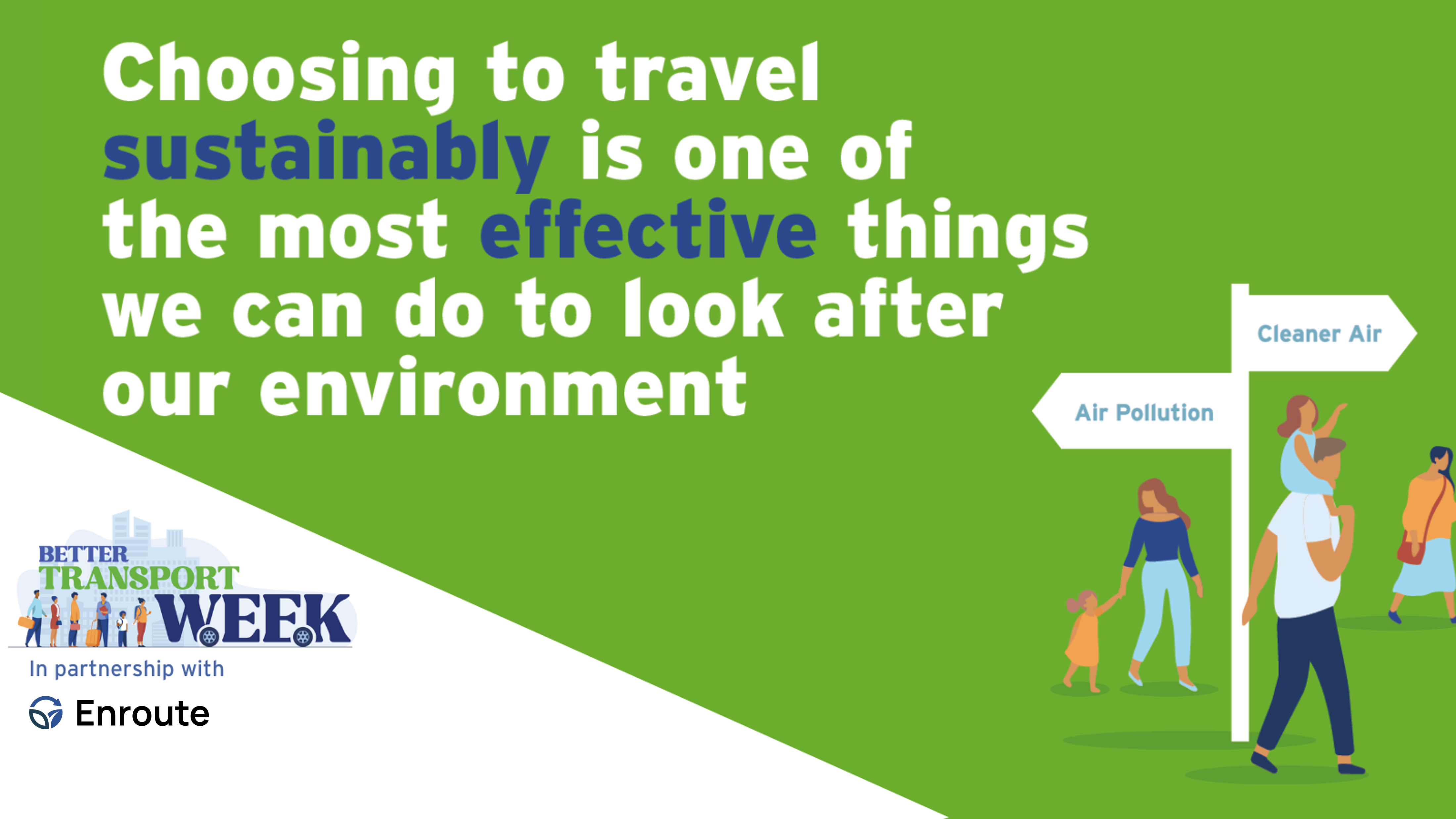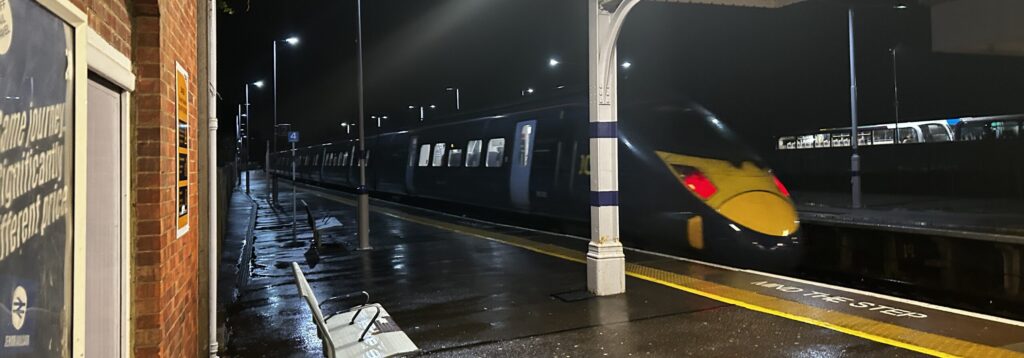As Better Transport Week arrives, it's an opportune time to reflect on the critical role that sustainable transport plays in tackling one of the greatest challenges affecting us today: climate change.
This annual celebration, led by the Campaign for Better Transport, aims to raise awareness about the transformative power of better transport, and its far-reaching benefits – one of these being environmentally.
The consequences of the climate crisis are most definitely being felt. Rising temperatures, extreme weather events, and ecological disruptions are impacting us worldwide. While the causes of climate change are multifaceted, the transport sector stands out as a significant contributor, accounting for approximately 24% of direct CO2 emissions from fuel combustion.
Conventional transport methods, reliant on fossil fuels, have a significant environmental impact. The burning of gas and diesel in vehicles releases carbon dioxide and other harmful pollutants, increasing the rate of global warming and compromising air quality.
Sustainable transport offers a perfect solution to mitigate the environmental impact of our need to move. During Better Transport Week, we celebrate the alternatives to traditional, often single-use modes of transport that can significantly reduce our carbon footprint and contribute to a more sustainable future.
While Enroute focuses on public and active transport specifically, we acknowledge other solutions which could significantly enhance the sustainability of the sector:
- Public transport: Buses, trains and other forms of public transport are much more energy-efficient and produce fewer emissions per passenger mile compared to private vehicle.
- Active transport: Walking and cycling aren’t only just zero-emission modes of transport but also promote physical activity and reduce reliance on fossil fuels.
- Electric vehicles: Battery-powered electric vehicles emit no direct emissions, and when charged with renewable energy sources, their overall carbon footprint is significantly lower than conventional gas-powered vehicles.
- Shared mobility: Car-sharing, ride-sharing and other shared mobility services can reduce the number of single-car occupancy vehicles and optimise capacity on the road network.
- Multi-modal transport: Integrating different modes of transport, such as combining cycling with public transport, can enhance the efficiency of using these systems, encouraging people to mode shift for complex journeys.
By considering and implementing these sustainable transport solutions in our day-to-day lives, we can substantially reduce our carbon emissions and environmental impact, contributing to the fight against climate change.
Better Transport Week serves as a reminder of the urgent need for individuals and businesses transition towards sustainable transport. This week is a time to celebrate the progress made in promoting environmentally-friendly transport, and to renew Enroute’s commitment to helping build a more sustainable transport future.
Achieving better public and active transport networks requires a collaborative effort from policymakers, planners, businesses, and individuals. Governments can incentivise the adoption of sustainable transport through targeted policies, investments, and public awareness/transport demand management schemes.
Importantly, all areas can be designed to prioritise pedestrians, cyclists, and public transport, and create more liveable and environmentally-friendly communities, both urban and rural.
Individuals also play a crucial role by making conscious choices about the way they travel. Opting for public transport, cycling, or even carpooling when possible can collectively make a significant impact on reducing emissions.
As we celebrate better transport this week, let’s embrace the opportunity to celebrate the power of improving our sustainable transport networks, and the vital role of transport in combating climate change.
By working together across industries, and supporting initiatives that promote cleaner, more efficient modes of transport, we can create a more sustainable and resilient future for the next generation, and generations to come thereafter.
Read some of our other blog posts




